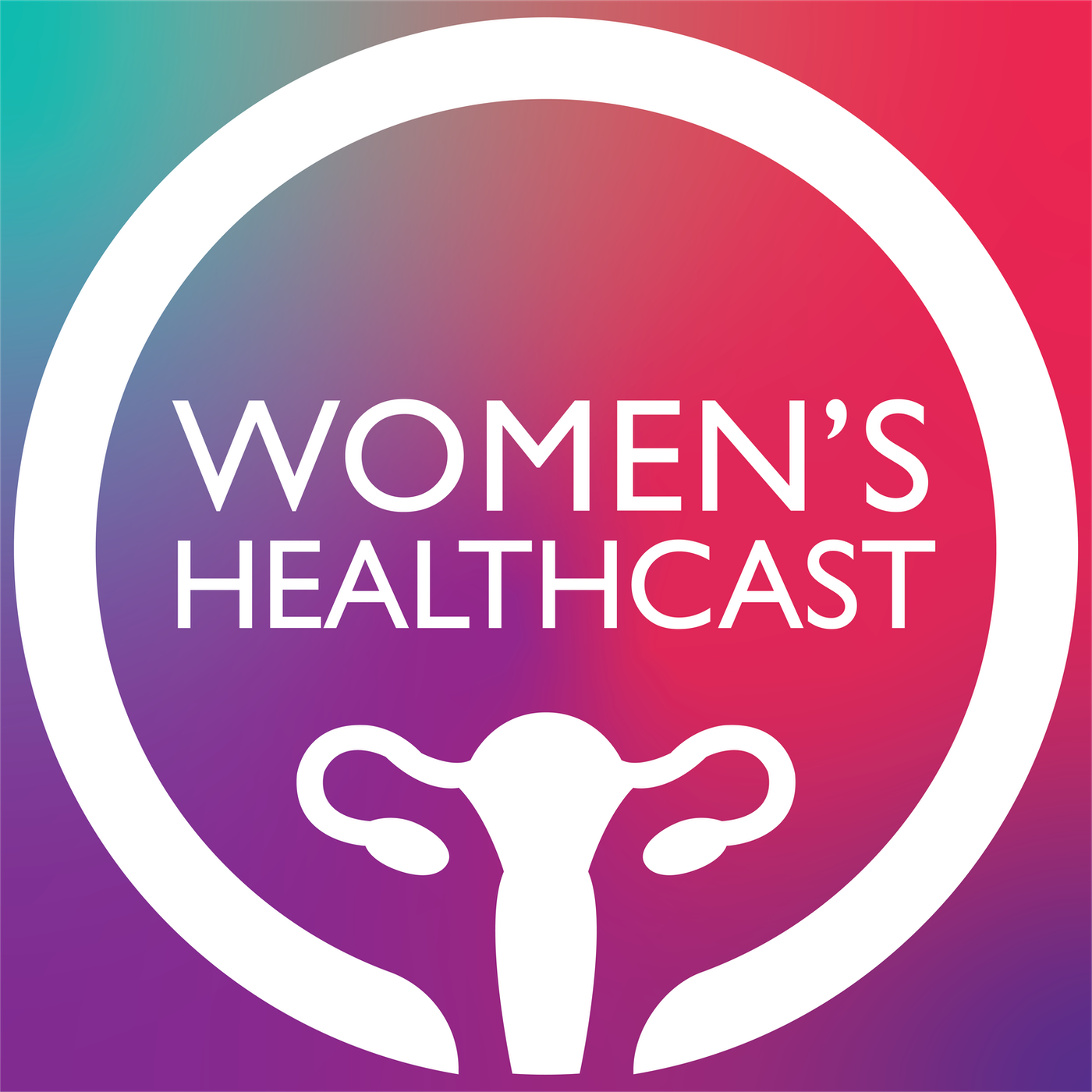Episodes
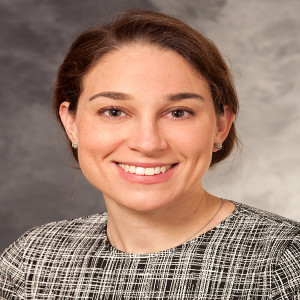
Wednesday Mar 27, 2019
A Period Primer
Wednesday Mar 27, 2019
Wednesday Mar 27, 2019
More than half the world's population menstruates. But for such a common biological process, how many of us really understand the mechanics of the menstrual cycle? Dr. Lauren Verrilli, 4th-year UW Ob-Gyn resident and soon to be reproductive endocrinology and infertility fellow at the University of Utah, joined the Women's Healthcast to explain what's happening during periods and dispel some common menstrual myths.
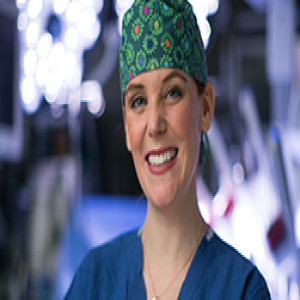
Wednesday Mar 13, 2019
Understanding Endo
Wednesday Mar 13, 2019
Wednesday Mar 13, 2019
Endometriosis affects around one 1 in 10 women, who can experience symptoms like pelvic pain, irregular bleeding, pain during sex, and much more. In honor of Endometriosis Awareness Month, UW Ob-Gyn minimally invasive gynecologic surgeon Dr. Cara King joined the Women's Healthcast to discuss endometriosis symptoms, different paths for treatment, and what she thinks needs to change to help endometriosis patients get to a diagnosis faster.
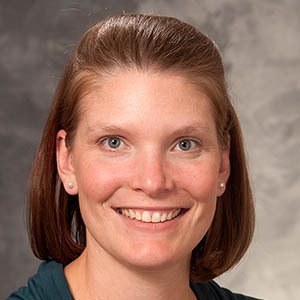
Wednesday Feb 27, 2019
Zika Virus and Safe Travel While Pregnant
Wednesday Feb 27, 2019
Wednesday Feb 27, 2019
Spring break season is nearly upon us, and a warm weather getaway sounds pretty amazing after this brutal winter. But traveling to tropical locations – and traveling in general – could present some extra challenges for people who are pregnant. Dr. Katie Antony is a maternal-fetal medicine specialist in the UW-Madison Department of Obstetrics and Gynecology. On this episode, she shares her recommendations for safe travel while pregnant.
Dr. Antony is also a leading researcher on Zika virus – she provided an update on Zika virus risks around the world, and why Zika is a concern for people who are pregnant or planning to become pregnant.
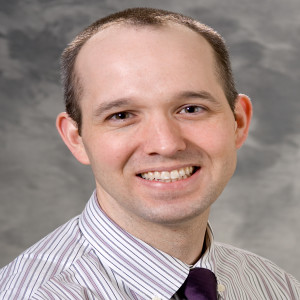
Wednesday Feb 13, 2019
You Had a C-Section. What’s Next?
Wednesday Feb 13, 2019
Wednesday Feb 13, 2019
On the last episode of the Women’s Healthcast, Dr. Ryan McDonald joined us to talk about C-sections - if you missed it, check out Preparing for Cesarean Delivery to learn about what happens during C-section, and possible risks/complications.
On this episode, Dr. McDonald is back to discuss recovering from C-section delivery, breastfeeding after the surgery, and how having a C-section could affect future pregnancies or deliveries. Dr. McDonald is an ob-gyn and assistant professor in the UW-Madison Department of Obstetrics and Gynecology.

Wednesday Jan 23, 2019
Preparing for Cesarean Delivery
Wednesday Jan 23, 2019
Wednesday Jan 23, 2019
Cesarean deliveries, or C-sections, are among the most common surgical procedures performed in the United States. Nearly one in three babies is delivered via cesarean. But even though C-sections are incredibly common, they’re still a major abdominal surgery. In part one of a two-episode series, Dr. Ryan McDonald walks us through what happens during a cesarean delivery, potential risks or complications, and how he helps patients prepare for the possibility they might need a C-section. Dr. McDonald is an ob-gyn and assistant professor in the UW-Madison Department of Obstetrics and Gynecology.
On the next episode, Dr. McDonald will be back to talk about recovering from C-section, how it can affect breastfeeding, and special considerations for future pregnancies after cesarean.
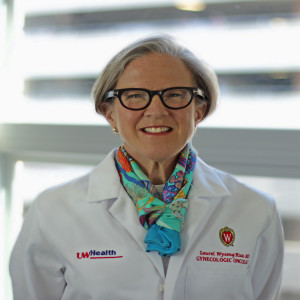
Wednesday Jan 09, 2019
Clinical Trials: Your Health Depends on It
Wednesday Jan 09, 2019
Wednesday Jan 09, 2019
Medical innovations, from cold medicine to chemotherapy, happen with the help of clinical trials. But how do trials get started? Who pays for the research? And does who participates make a difference?
Dr. Laurel Rice talks about why clinical trials are the gold standard for medical research, how researchers make trial participation as safe as possible, and why it's crucial that studies recruit diverse groups of patients.
Dr. Rice is a gynecologic oncologist and chair of the UW-Madison Department of Obstetrics and Gynecology.
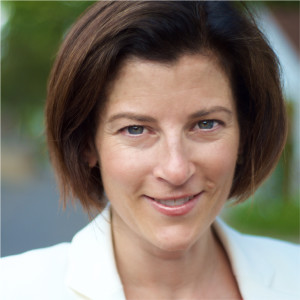
Wednesday Dec 12, 2018
Mind the Pleasure Gap
Wednesday Dec 12, 2018
Wednesday Dec 12, 2018
What matters to you when choosing a birth control? Effectiveness, ease of use, safety…what about how it affects your sex life? It’s not uncommon to remove sexuality from conversations about choosing contraceptives, even though people who feel their birth control method has a negative effect on their sexuality are more likely to discontinue the method.
Jenny Higgins, PhD, professor of Gender and Women’s Studies at the University of Wisconsin-Madison, discussed why birth control research that doesn’t consider pleasure and sexuality is bad science, and why she thinks there’s hope for closing the pleasure deficit.
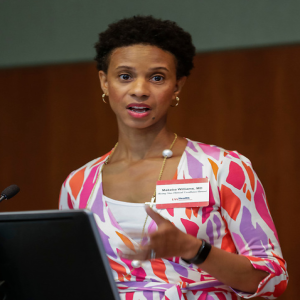
Wednesday Nov 28, 2018
Demystifying Menopause
Wednesday Nov 28, 2018
Wednesday Nov 28, 2018
Women will spend one third to half of their lives in menopause, a life stage with a bad reputation. But Dr. Makeba Williams likes to encourage patients to think of menopause as an opportunity to reset their health.
In this episode, she discusses how to recognize the beginnings of menopause – and with helpful symptoms like hot flashes and night sweats, it can be hard to miss. She talks about menopause’s impact on the whole body, including bone density, muscle tone, and changes in sexual health. Dr. Williams also provides an important update on treatment options to help manage menopause symptoms.
Dr. Williams is a North American Menopause Society-certified menopause practitioner and the director of the UW Ob-Gyn Division of Academic Specialists in Obstetrics and Gynecology.
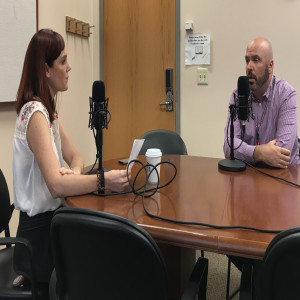
Wednesday Nov 21, 2018
The Ins and Outs of Incisional Hernia Repair
Wednesday Nov 21, 2018
Wednesday Nov 21, 2018
In this bonus episode, UW Ob-Gyn minimally invasive gynecologic surgeon Dr. Cara King spoke with Dr. Jacob Greenberg from the UW Department of Surgery about incisional hernias, a complication that occurs in about 20 percent of patients who undergo major abdominal surgery. They discussed current best practices and specific choices they might make during a hernia repair surgery, how to help patients reduce their risk of incisional hernias, and improve their recovery after hernia repair.
If you enjoy this episode's in-depth look at surgical techniques, you might also like the Surgery Sett, a podcast produced by the University of Wisconsin Department of Surgery.
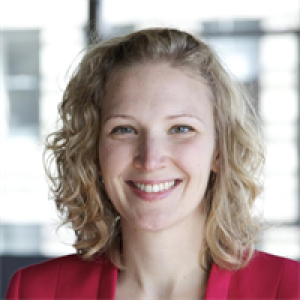
Wednesday Nov 14, 2018
Mind Over Matter: Community-Based Incontinence Improvement
Wednesday Nov 14, 2018
Wednesday Nov 14, 2018
When Dr. Heidi Brown did her first urogynecology rotation during her residency training, she was struck by how much pelvic floor disorders like incontinence affected her patients' quality of life.
Since then, she has devoted her career to helping more women connect to simple, straightforward solutions that can improve or cure incontinence symptoms. In this episode, she discusses her community-based incontinence program Mind Over Matter: Healthy Bowels, Healthy Bladder -- and her plans to build an online program accessible for more women.
To see if Mind Over Matter is available near you, visit https://wihealthyaging.org/
If you're in the Madison, Wisconsin area, learn more about managing pelvic floor disorders at a free community talk on November 28! Details available at http://uwhealth.org/breakfree

